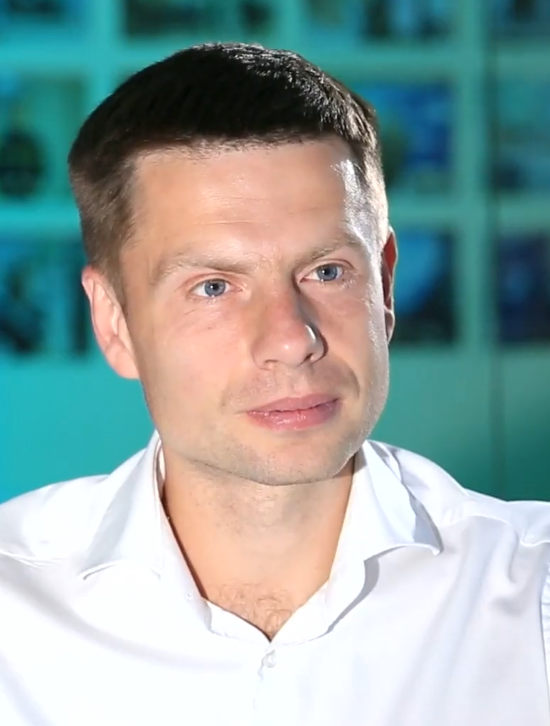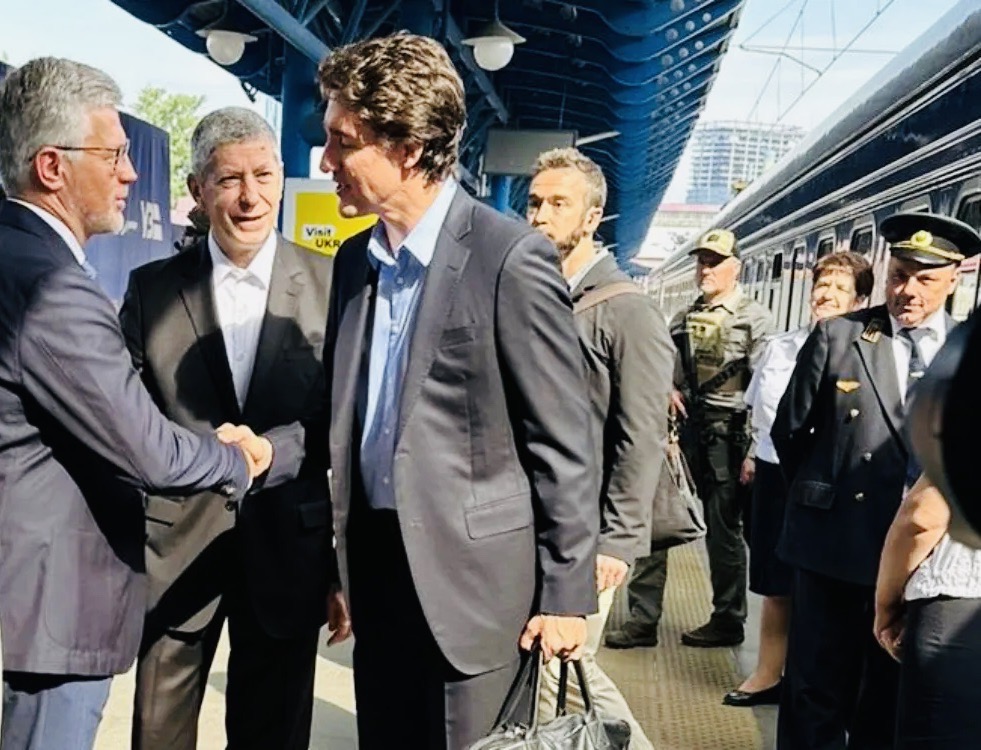On a surprise visit to Ukraine a few days ago, Canadian Prime Minister Justin Trudeau was greeted at a train station in Kyiv by the deputy foreign minister, Andriy Melnyk, Ukraine’s former ambassador to Germany.
Accompanied by Chrystia Freeland, a Ukrainian Canadian and Canada’s deputy prime minister, Trudeau arrived in the Ukrainian capital bearing $500 million in military aid. Since Russia’s invasion of Ukraine in the winter of 2022, Canada has been one of Ukraine’s greatest foreign supporters.
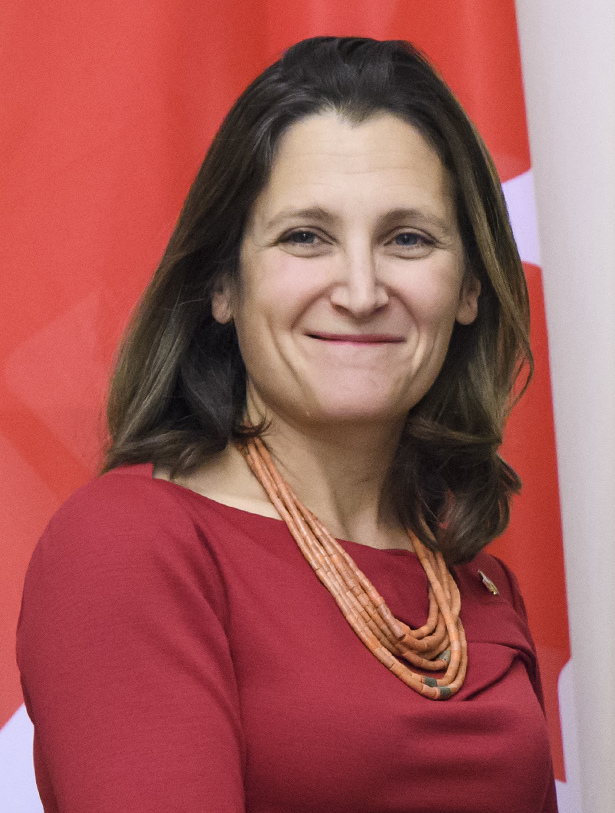
It is debatable whether Trudeau knew that Melynk, the Ukrainian official who welcomed him to Kyiv and showed him around the city, is a controversial figure.
In all probability, Freeland — a keen student of Ukrainian history whose grandfather edited a Nazi-financed newspaper in Krakow during the war — was familiar with Melnyk and his revisionist views.
Lest it be forgotten, Melynk was recalled from Berlin last year after he publicly defended Stepan Bandera, a Ukrainian leader whose forces murdered Jews and ethnic Poles during the Nazi occupation of Poland and the Soviet Union during World War II.
Apparently an admirer of Bandera, an ardent nationalist who aligned himself with Nazi Germany in the name of Ukrainian independence, Melynk claimed that partisans under Bandera’s leadership did not commit massacres against Jews and Poles. “That is the narrative that the Russians are pushing to this day, and that has support in Germany, Poland and also Israel,” he said.
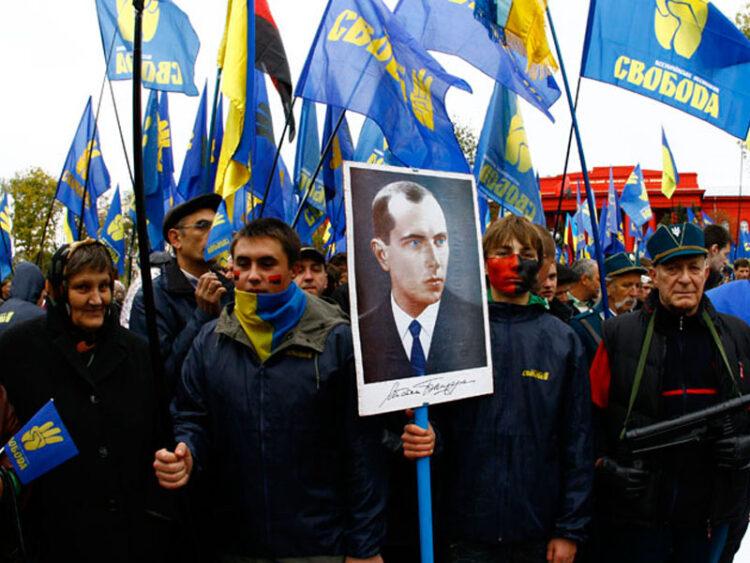
Rather than being demoted for disseminating this falsehood, Melynk was handed a golden promotion. Last autumn, he was appointed deputy foreign minister. This was a deeply ironical development because Ukraine’s president, Volodymyr Zelensky, is Jewish and some of his relatives were murdered during the Holocaust.
Melnyk’s narrative plays into the hands of Russian President Vladimir Putin, who claimed incredulously that his “special military operation” was designed to “de-Nazify” Ukraine. In truth, Russia launched its invasion to break up Ukraine and incorporate it into the Russian motherland.
Contrary to Putin’s absurd and cynical justification for sending his army into a peaceful neighboring state, Ukraine is a democratic country where far-right-wing political parties have fared poorly in general elections. Certainly, fascist-leaning politicians have acquitted themselves far better in some Western European nations than in Ukraine.
And yet there is and has been an unmistakable and disturbing trend in Ukraine to rehabilitate and honor certain Ukrainian nationalists who sullied themselves in the abject service of Nazi Germany. That Ukraine is hobbled and dragged down by a baffling national weakness that reveres and glorifies fascists is most unfortunate and counter-productive insofar as Ukraine’s international image is concerned.
Bandera is a prime example of this national ailment.
As the leader of the Organization of Ukrainian Nationalists (OUN B), he collaborated with the Nazis during the initial phase of the German occupation of Ukraine, then a province of the Soviet Union. Bandera hoped that the Germans would recognize Ukraine as an independent state, but they disappointed him profoundly.
For much of the war, he was imprisoned by the Germans, but his followers in the Ukrainian Insurgent Army (UPA), notably Roman Shukhevvych, were instrumental in the massacre of Jews and Poles in widespread pogroms.
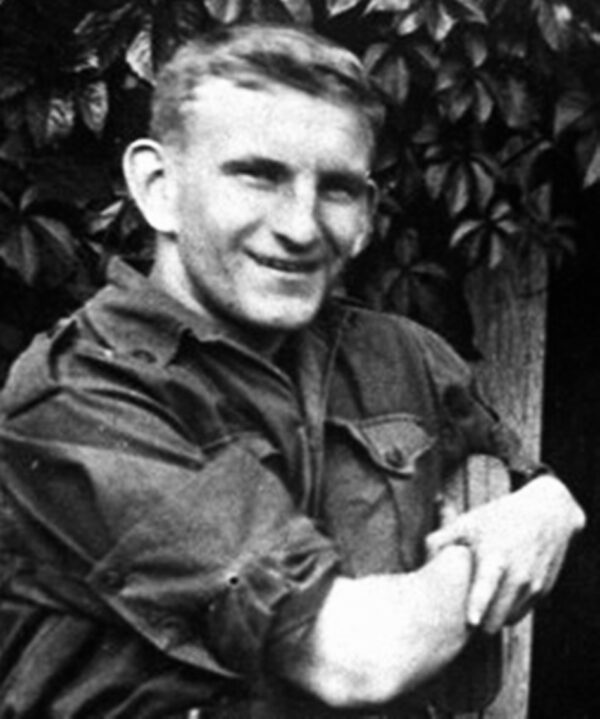
These atrocities did not bother Viktor Yushcheneko, Ukraine’s president from 2005 to 2010, one little bit. In a quixotic gesture, he conferred the posthumous title of “Hero of Ukraine” on Bandera and Shukhevvych.
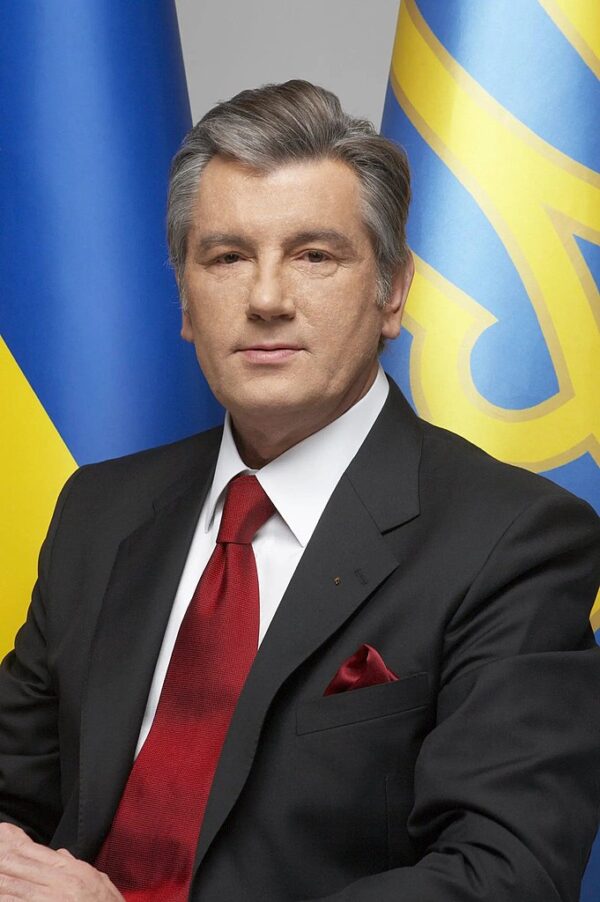
Since then, statues of the pair have been erected throughout Ukraine, and a subway station and a stadium in Kyiv have been named after Shukhevvych. In 2022, Pushkin Street in the city of Izium was renamed Stepan Bandera Street.
This past January, the commander of the Ukrainian armed forces, Valerii Zaluzhnyi, posed for a photograph next to a portrait of Bandera. The caption read, “The complete and final victory of Ukrainian nationalism will come when the Russian empire ceases to exist.” This was posted on Ukrainian government social media channels.
Since the Russian invasion, Bandera, in particular, has been regarded as a shining symbol of Ukrainian resistance to foreign domination.
One can sympathize with the Ukrainian government’s utter resolve to push imperial Russian forces out of the occupied territories, but to invoke Bandera’s name in that worthy cause is nothing short of shameful and disgraceful.
Ukraine must surely realize that its glorification of unsavory historical figures such as Bandera and Shukhevvych is not only appalling, offensive and alienating, but provides the relentless and well-oiled Russian propaganda machine with material to falsely accuse Ukraine of being a fascist state.
Lamentably, myopic Ukrainians will continue to venerate these fascists. As the the Ukrainian member of parliament Oleksiy Goncharenko said recently, “All those who are fighting for Ukrainian freedom will be our heroes. Some of them will have controversial backgrounds. But that will not change the fact that all fighters for Ukrainian freedom will be heroes for us.”
These unwise and insensitive words are bound to haunt Ukraine as it struggles to remove Russian troops from its soil.
